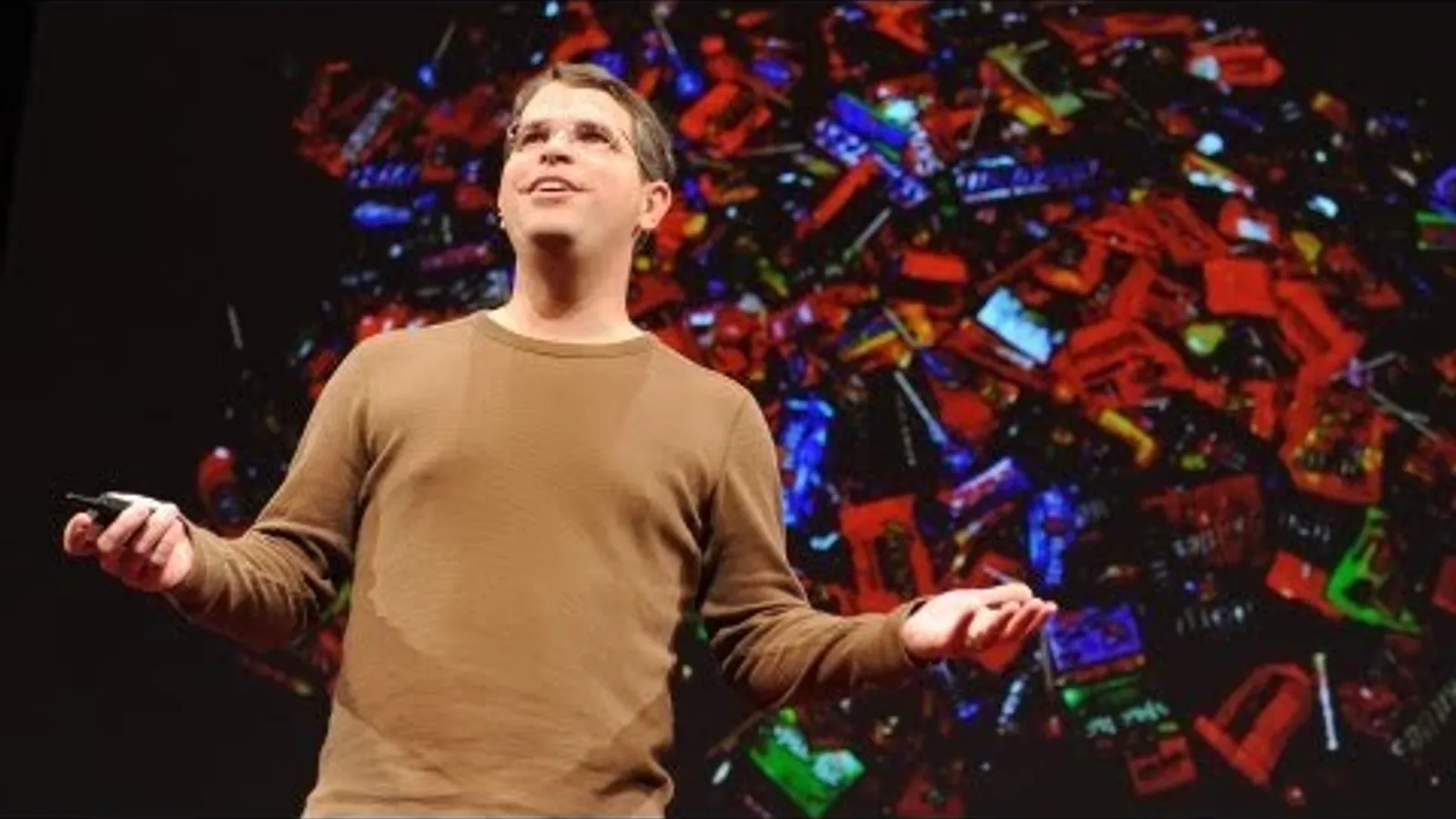Burnout

What is burnout?
Burnout is a state when you’re feeling overworked, overwhelmed or unappreciated past the point of exhaustion. It’s typically associated with three categories of symptoms:
- Emotional exhaustion: which can often look like physical exhaustion
- Depersonalization or cynicism: when you start to feel disconnected and negative in the workplace with others and the tasks at hand
- Decreased sense of personal accomplishment
With extra societal pressure to feel productive all the time, it’s arguably one of the biggest issues affecting workplaces and retention. In fact, a recent survey found that 77% of respondents have experienced burnout in some capacity at their current job.1
While burnout is often associated with work, the feelings can blur into other aspects of your life and cause a general lack of energy, focus and motivation. Burnout is different from sadness or anger, but it can lead to it.
The fact that burnout is so common can make us think it is an expected outcome of hard work. But, that isn’t true, and ignoring it can often make it an even bigger challenge that requires more than a small solution. Identifying burnout, just like any feeling, is the first step in coping with it.
What's causing me to feel burnout?
Burnout is usually the impact of the workplace on our mindset. It can feel like a “you” problem, but it is really an issue of “you” in the system of your work and how you react to it.
Particularly at the height of COVID-19, when many people began working from home—or not working at all—it became increasingly difficult to set healthy boundaries between personal life and professional life. When we feel out of control, or like our work has lost meaning and purpose, we are much more likely to be burnt out. We will then become cynical, less connected, emotionally exhausted and less productive.
Burnout can look and feel different for everyone, but you may experience it as:
- Overload Burnout: This is the most familiar form, caused by working unsustainable hours in an effort to succeed at a faster rate.
- Under-Challenged Burnout: This happens when you feel underappreciated, bored and/or generally lack the motivation to complete tasks.
- Neglect Burnout: This happens when you feel unsupported—you want to do a good job but lack the proper resources to do it.
One of the things that makes burnout so hard to get rid of is that it’s difficult to identify until it’s fully set in. We wait until our work is affected, or someone mentions it to us in a review. But, there are earlier signs that something is wrong—we get angry at our emails, or maybe we change our schedule and are no longer getting dressed every day to work from home. Whatever the slight changes are, if we notice them, we can try to cope with burnout earlier.
The good news is—no matter what stage of burnout you’re in or what kind of burnout you have—there are proven ways to help fight it. While systemic change in the workplace can always help, that change may be slow-moving. To take back control over what we can do in the existing structure until larger changes happen, there are ways to help yourself thrive.
How should I deal with burnout?
Feeling burnout can seem like you’re trying to run in quicksand. The more you fight and struggle to move, the more it just feels like you’re sinking.
But the first step—and arguably the most important step—is recognizing you’re burnt out and having the desire to make a change. That change may include finding ways for more control, talking to supportive peers or supervisors, and looking for ways to promote meaning and gratitude in the workplace.
Some people might even need time off from work to recover. If you feel better after time off, that can even tell you something about your mental state in the first place. Finding your way here (to this page) and taking time to learn more about what you’re experiencing is a great start.
Things To Try
-
Non-stop exposure to anxiety-producing news can amp up any difficult feelings you’re already having. If you find yourself feeling worse after scrolling your feeds, do what you can to limit stressful content. You can decide to check in only at certain times, turn off notifications, or unfollow accounts that create stress and focus on ones that help you feel calm and connected.Explore More
-
Don’t forget your basic needs
When you’re in a crisis or managing big emotions, it’s easy to forget the everyday habits that can improve your mood and well-being. Make sure you’re getting enough sleep, eight to 10 hours is ideal. Spend time outside when possible. Move your body in whatever way you can that feels good to you. Make sure you’re eating and drinking plenty of water. Try journaling, meditation, or breathing to help you ground yourself in the present moment.Explore More -
Reward your achievements
Do something nice for yourself after you complete a task or have a win—big or small. This might be taking a break, talking to a friend, or getting outside for a bit.Explore More
What can I do now?
-
Online interactive tool(s)Take a Mental Health Test | Mental Health America
-
WebsiteWondermind
Citations
Deloitte. Burnout Survey

